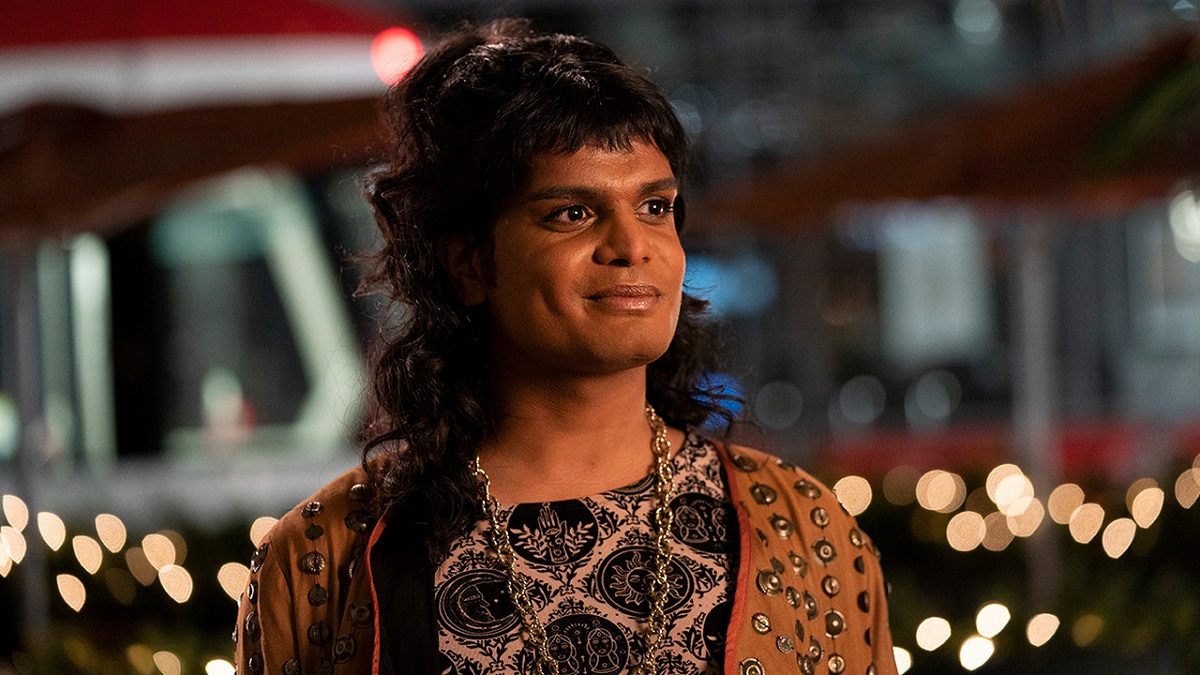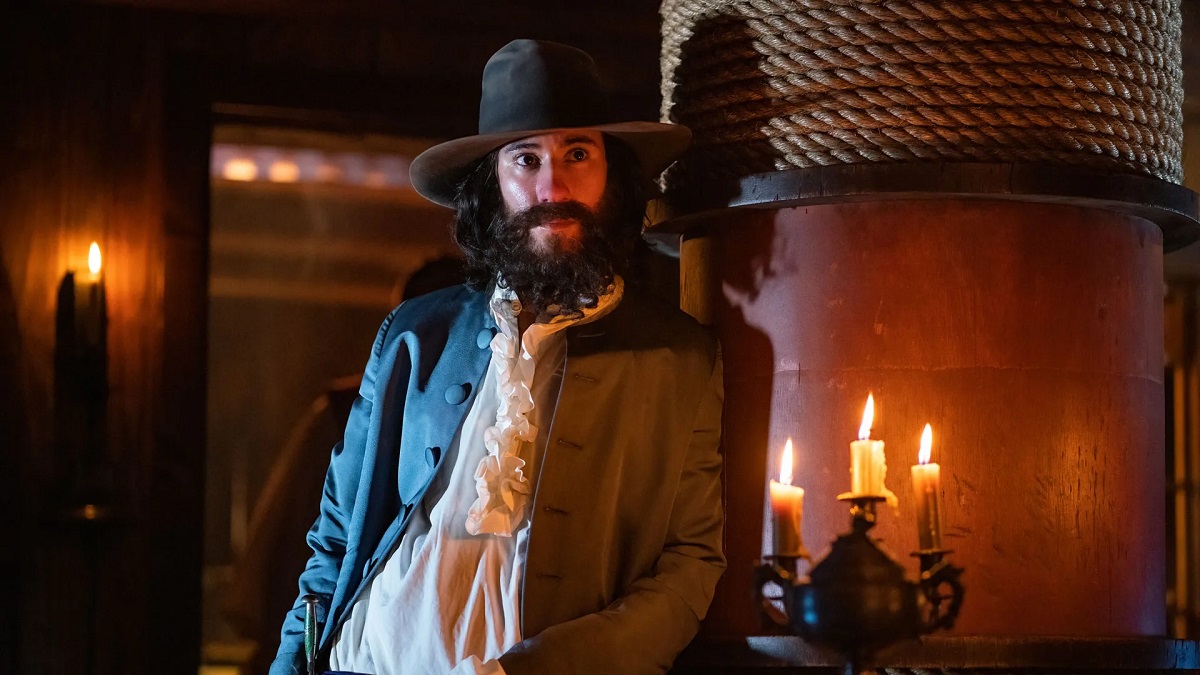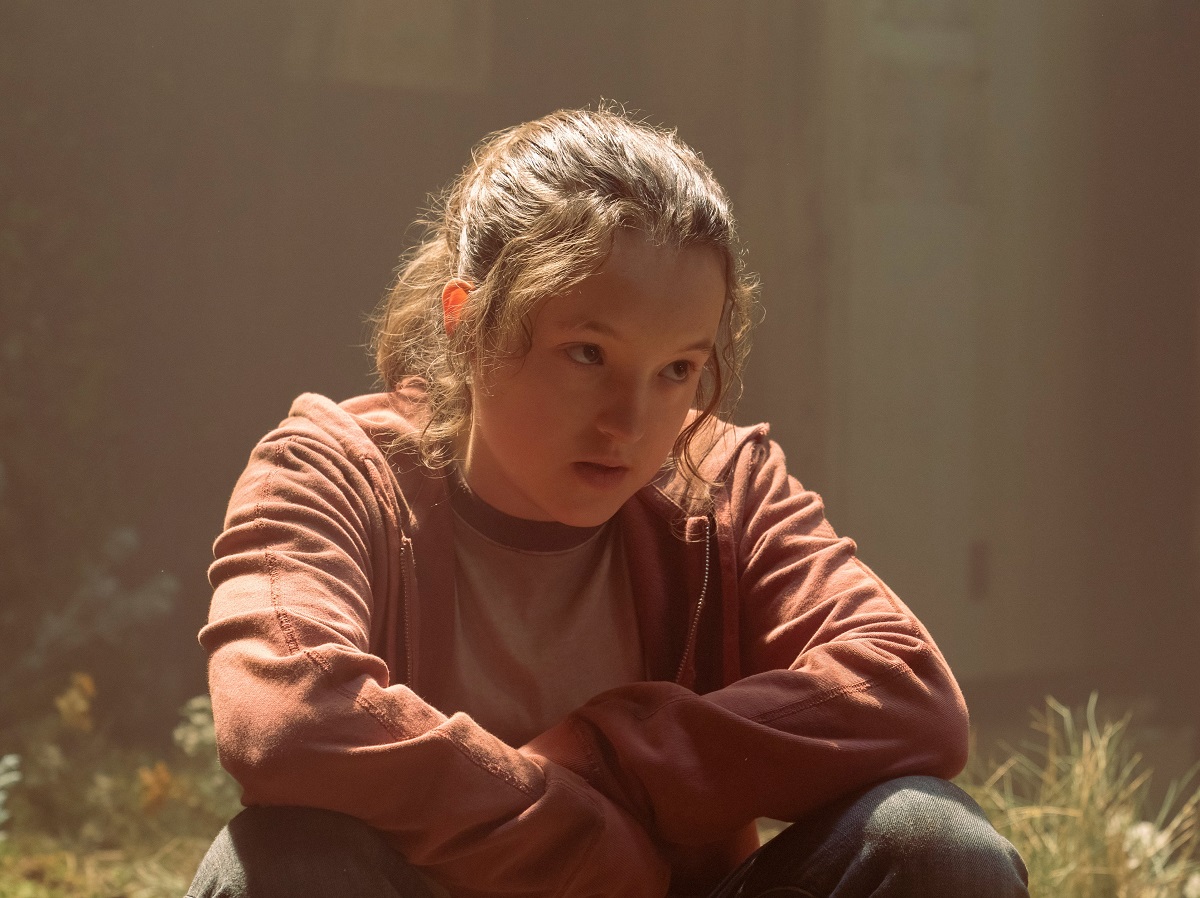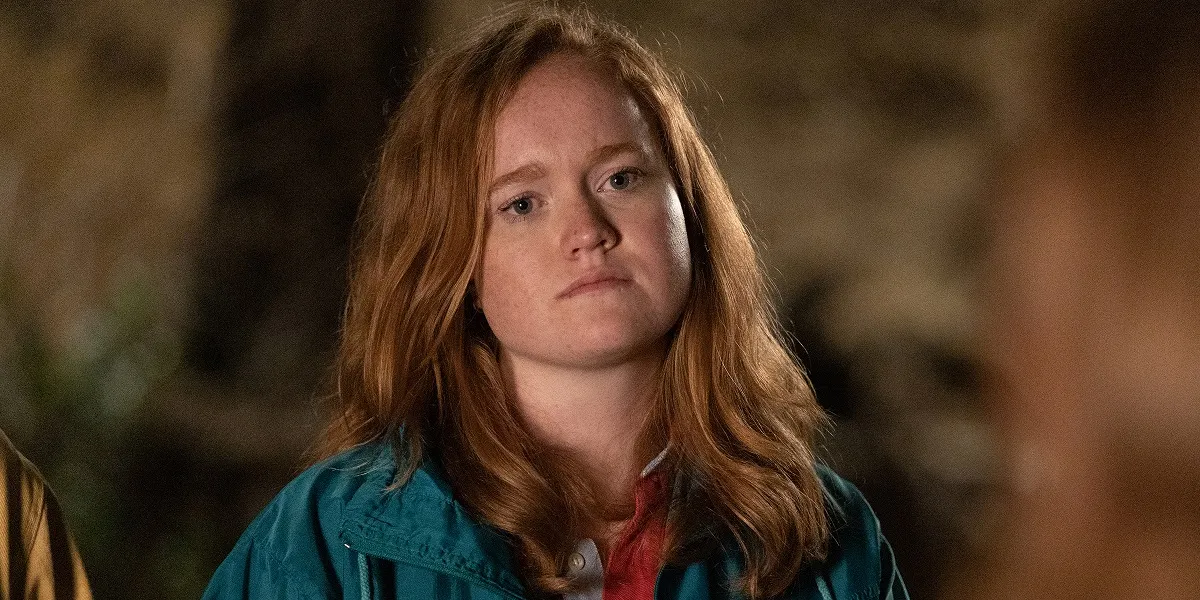Last week, the talented Liv Hewson, who plays Young Val on Showtime’s Yellowjackets, chose to withdraw from Emmy consideration in the acting categories. Hewson is non-binary, and said simply,
It would be inaccurate for me to submit myself as an actress. It neither makes sense for me to be lumped in with the boys. It’s quite straightforward and not that loaded. I can’t submit myself for this because there’s no space for me.
There’s so much amazing non-binary talent gracing our screens, like Bella Ramsay on The Last of Us, Vico Ortiz on Our Flag Means Death, or Emma D’Arcy on House of the Dragon. (Did HBO get non-binary actors in bulk?) I hate that they’re all in Hewson’s position, having to choose between being nominated for an award and being true to themselves.
Removing gender from acting categories is already happening

In her story on the subject right here at The Mary Sue, Kayla Harrington discussed how the the Gotham Awards removed gender from their acting categories in 2021, and the Independent Spirit Awards followed in 2022. Meanwhile, the Grammy Awards have been gender-neutral for a decade.
Regarding the Grammys, I will say that gender is less important to music than to acting, so removing gender from their categories is less of a stretch, which is why they removed it long ago. A voice is a voice, and a musician is a musician. Genres of music are genderless, and while musical artists often write songs from personal experience, it isn’t the same as one’s job being dependent on embodying and portraying someone who isn’t you and who may or may not have a gender.
Speaking to the concern that gender-neutral acting categories at the Emmys would allow for cis, white men to dominate them, Hewson said, “There is an implied fatalism there, which suggests that we’ve all agreed that equality is impossible. And that’s sad.”
Indeed, the Gotham and Independent Spirit Awards were able to keep their acting categories diverse while also making space for those who don’t fit the gender binary.
In the two years the Gotham Awards have had gender-neutral acting categories, a majority of them were either half or majority-women nominees. In 2022, Bilal Baig of HBO Max’s Sort Of became the first non-binary actor nominated under the new categories for Outstanding Performance in a New Series. (They didn’t win.)
At the Independent Spirit Awards 2023, acting categories were either half or majority-women (except for Supporting Performance, which was majority-men), and of the 5 winners, 3 were women (of color!). No non-binary actors were nominated.
Categories not being dominated by cis, white men is possible. However, both awards shows honor independent films. The nominating bodies behind them are usually more interested in rewarding people who do great work outside the mainstream. Of course change happened at shows like this first, who also had no problem avoiding male-dominated categories in the process.
When it comes to an older institution like the Academy of Television Arts and Sciences (founded in 1946), change is glacially slow.
But I also think there’s more to this than Get with the times! Who needs gendered acting categories?
Gendered acting categories can serve a purpose

When thinking about gendered stories or characters, I always think back to an essay by literary critic Francine Prose, called “Scent of a Woman’s Ink” (Harper’s Magazine, June 1998). In it, she talks about the disparity between how women’s and men’s prose fiction is received by the publishing industry and by readers. Prose writes,
How to explain this disparity? Is fiction by women really worse? Perhaps we simply haven’t learned how to read what women write? Diane Johnson—herself a novelist of enormous range, elegance, wit, and energy—observes that male readers at least “have not learned to make a connection between the images, metaphors, and situations employed by women (house, garden, madness), and universal experience, although women, trained from childhood to read books by people of both sexes, know the metaphorical significance of the battlefield, the sailing ship, the voyage, and so on.” Perhaps the problem is that women writers tell us things we don’t want to hear—especially not from women.
The same bias exists for all storytelling that doesn’t center cis men’s experiences, and can color what’s perceived as “good acting.”
Men’s stories and roles have historically been considered “more important.” Since their roles are generally written with more nuance, and men are rewarded for aggression and bombast, men’s performances are perceived as requiring more skill, whereas even the best women’s roles have historically not been as nuanced (unless written by women) and have been set in “feminine,” “domestic” spheres that aren’t valued by the Patriarchy—and involve crying, which is perceived as “weakness.” If the role doesn’t require tears, the character is perceived as “cold” or “unlikable.” Either way, they’re perceived as requiring less skill.
I don’t see gendered categories as “fatalist.” I see them as a way to broaden the types of performances and stories that are created and considered for praise.
Non-binary actors shouldn’t be forced to choose between gendered categories, but non-binary roles shouldn’t be erased, nor should non-binary actors themselves be nominated as genders not their own (i.e. nominating a non-binary actor for “Best Actress”).
A solution?

I propose that acting awards remove focus from the gender of the actor and put it on the gender of the role. Rather than one gender-neutral acting category, I’d suggest something like:
- Best Performance of a Male Role
- Best Performance of a Female Role
- Best Performance of a Non-Binary Role
Why?
- If an NB actor plays an NB character, they can be nominated for that role. If they play a male/female role, they can be nominated for that role, without misgendering the real person behind the performance. The category would have nothing to do with an actor personally.
- This would prevent any gender dominating a category without needing 10 nominees in each acting category to compensate, and would allow for more performers to receive awards.
- This would encourage continued, purposeful creation of non-binary roles and women’s roles so that producers and studios have roles to submit in those categories for award consideration.
What do you think, friends?
(featured image: Paul Sarkis/SHOWTIME)









Published: May 3, 2023 10:50 am